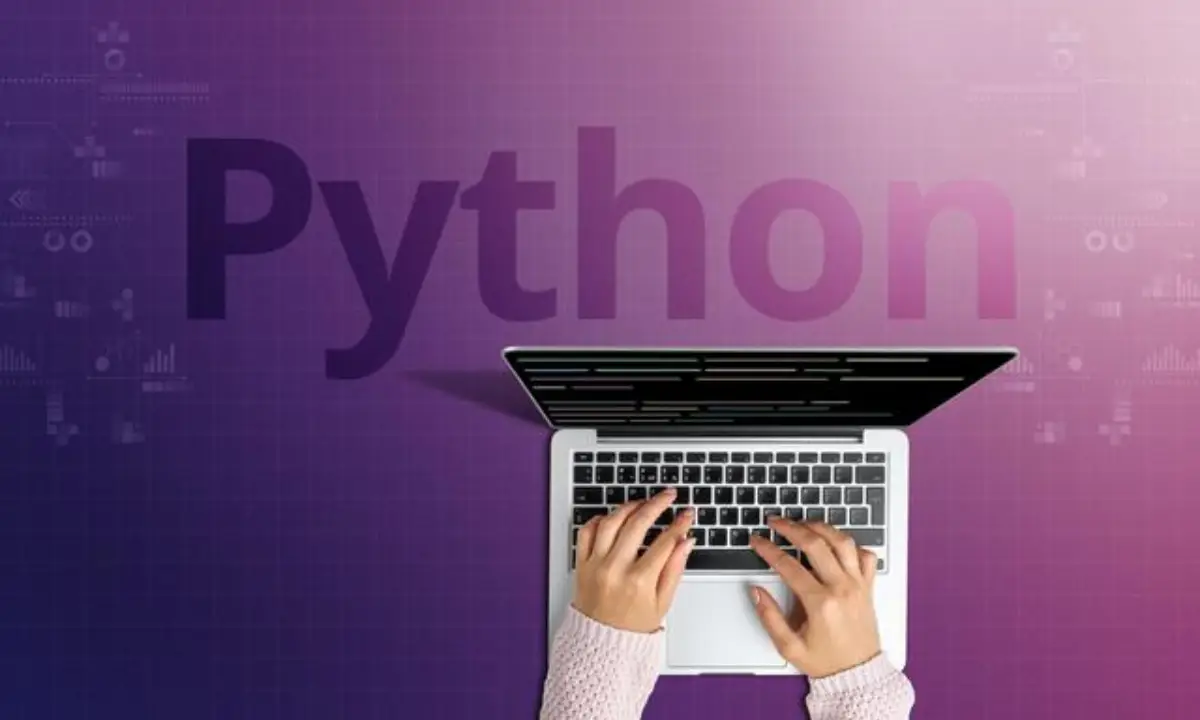Table of contents
|
1. Why Python Dominates the Data Science Landscape |
|
2. Application of Python in Data Science
|
|
3. Python as a Top Skill for Data Careers |
|
4. Advantages of Python in Data Careers |
|
5. Learning Python Through Apponix |
|
6. Success Stories from Python Learners |
|
7. Mistakes to Avoid While Learning Python |
|
8. Tips to Maximize Python Learning |
|
9. Why Choose Apponix for a Data Science Course in Bangalore |
|
10. Conclusion |
In the ever-evolving field of data science, one programming language has emerged as a clear favorite among professionals and educators alike—Python. Known for its simplicity, flexibility, and robust library ecosystem, Python has become essential for anyone looking to build a career in data-driven domains. If you're planning to enter this field, understanding the importance of Python in data science is not optional—it's critical.
At Apponix, learners are trained not just in syntax and logic, but in real-world application of Python in data science, preparing them for actual business problems and industry challenges. Whether you're an analyst, engineer, researcher, or student, Python is the language that opens doors across sectors.
Why Python Dominates the Data Science Landscape
There are many programming languages used in analytics and machine learning, but Python programming has steadily climbed to the top. Why? Because it's both powerful and approachable. For beginners, Python offers readable syntax that mimics natural language, while for experts, it provides the depth needed to perform advanced operations.
Here are some core reasons behind the rising popularity of Python in data science:
-
Ease of Learning: You don’t need a background in computer science to pick up Python.
-
Vast Libraries: Packages like NumPy, Pandas, Scikit-learn, TensorFlow, and Matplotlib are tailor-made for data professionals.
-
Community Support: With an enormous global user base, Python’s community ensures continuous learning and troubleshooting resources.
-
Integration Capabilities: Python easily integrates with other platforms and tools, making it ideal for full-stack data solutions.
These factors together make Python a top skill for data science—a skill recruiters actively look for in resumes.
Application of Python in Data Science
Python isn’t just for writing code; it serves a practical purpose at every stage of the data science workflow. The application of Python in data science spans from data collection and cleaning to advanced AI models. Here’s a breakdown of how Python fits in:
1. Data Collection and Preprocessing
Web scraping tools like BeautifulSoup and APIs can be managed using Python. Once data is collected, libraries such as Pandas are used to clean, sort, and structure datasets.
2. Exploratory Data Analysis (EDA)
EDA is the phase where analysts look for patterns, trends, and insights. Python’s Seaborn and Matplotlib allow for intuitive data visualization.
3. Statistical Modeling and Machine Learning
Python provides direct access to machine learning libraries like Scikit-learn, Keras, and XGBoost. These tools help with regression, classification, clustering, and neural networks.
4. Deployment and Monitoring
Python frameworks such as Flask or Django are used to deploy models as APIs. You can also integrate Python with cloud platforms to monitor data pipelines.
Each of these stages highlights the advantages of Python in data careers, showing its versatility and relevance in actual projects.
Python as a Top Skill for Data Careers
Whether you're looking to become a data analyst, data scientist, or AI engineer, mastering Python is a non-negotiable part of the journey. Here's why it continues to top employer wishlists:
-
High demand across roles
-
Transferable to various industries (healthcare, finance, e-commerce, etc.)
-
Enhances problem-solving skills
-
Allows rapid prototyping and testing of models
At Apponix, students are guided not only in writing Python code but also in understanding how to think like a data scientist. The focus is always on applying theory to real datasets—so that learners can demonstrate their skills confidently in interviews and workplaces.
Advantages of Python in Data Careers
Let’s take a closer look at the real-world advantages of Python in data careers:
-
Open-source and free
-
Platform-independent
-
Strong career longevity and adaptability
-
Support for automation and data engineering tasks
-
Easy collaboration through Jupyter notebooks and GitHub
Python also promotes teamwork and reproducibility—traits that are essential in large-scale data projects. Teams across departments can easily share models, code, and outputs using Python tools.
Learning Python Through Apponix
Apponix has positioned itself as one of the most trusted institutions for tech learning. Their data science course is highly rated for its practical approach and industry relevance. The Python module is specially designed for beginners and covers:
-
Basic to advanced syntax
-
Data handling with Pandas and NumPy
-
Predictive modeling
-
Real-world business problems using machine learning
Students get hands-on experience and build projects for their portfolios. Moreover, Apponix offers placement support, resume building sessions, and mock interviews that prepare learners for real-world challenges.
Success Stories from Python Learners
Many Apponix students have transitioned from non-technical fields into data science roles by mastering Python. With dedicated mentorship, live classes, and recorded sessions, learners can go at their own pace while receiving expert guidance. The trainers, who are industry professionals, ensure that each topic is covered in-depth with plenty of real-life use cases.
Mistakes to Avoid While Learning Python
If you're a beginner, beware of these common mistakes:
-
Focusing only on syntax, not on application
-
Skipping libraries and trying to build everything from scratch
-
Ignoring documentation and error messages
-
Not working on real projects
-
Being inconsistent with practice
Apponix encourages a project-based approach to avoid these pitfalls, making sure that students are not just book-smart, but job-ready.
Tips to Maximize Python Learning
-
Practice regularly using real datasets
-
Join GitHub and contribute to open-source data projects
-
Read case studies and follow Kaggle competitions
-
Build a portfolio of 3–5 solid projects
-
Seek feedback from mentors or peers
These tips will accelerate your mastery of Python and help you stand out in the job market.
Why Choose Apponix for a Data Science Course in Bangalore
If you're based in Bangalore and want a strong foundation in data science, Apponix offers one of the most comprehensive programs in the city. The data science course in Bangalore includes everything from Python to AI, taught through hands-on exercises, industry-level projects, and one-on-one mentorship.
You’ll gain:
-
In-depth knowledge of data science tools
-
Live project experience
-
Access to a strong alumni network
-
Interview preparation and placement support
This makes Apponix not just a learning platform, but a career launchpad.
Conclusion
Mastering Python in data science is crucial for anyone serious about a data-driven career. From understanding the application of Python in data science to leveraging it for machine learning and analytics, it’s a skill that touches every aspect of the field. The advantages of Python in data careers are undeniable, and it continues to grow in relevance year after year. For a structured, beginner-friendly approach, the data science course in Bangalore by Apponix offers everything needed to transform curiosity into expertise.





